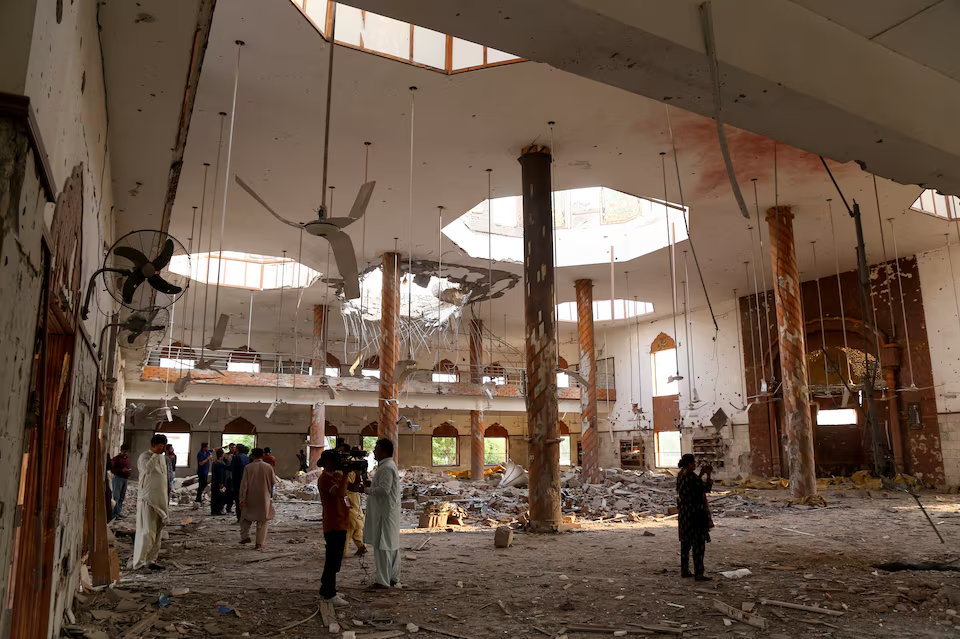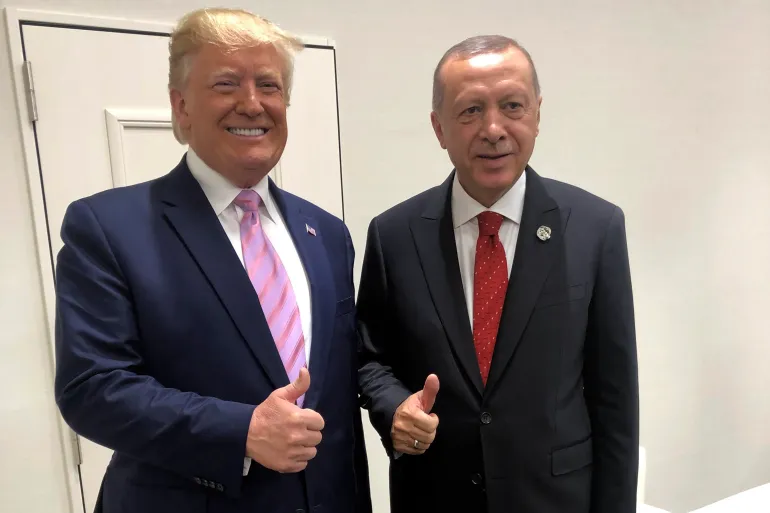In a significant escalation of tensions, India conducted airstrikes on May 7, 2025, targeting what it described as terrorist infrastructure within Pakistan. The operation, dubbed “Operation Sindoor,” aimed at nine locations associated with militant groups Jaish-e-Mohammed (JeM) and Lashkar-e-Taiba (LeT), both designated as terrorist organizations by the United Nations.
Key targets included a seminary near Bahawalpur linked to JeM, resulting in the deaths of 13 individuals, among them family members of JeM founder Masood Azhar. Another strike hit a complex in Muridke associated with LeT, demolishing a mosque and an administration building, with three reported casualties.
India’s Ministry of External Affairs stated that the strikes were in retaliation for a recent attack in Indian-administered Kashmir that killed 26 people. The ministry emphasized that the operation targeted terrorist camps used for recruitment and training, asserting that Pakistan has built a vast terror infrastructure.
Pakistan condemned the strikes as a “blatant act of war,” reporting that six sites were hit, resulting in 26 civilian deaths and 46 injuries. The Pakistani military claimed to have shot down five Indian fighter jets in response.
The airstrikes mark one of the most significant cross-border escalations between the nuclear-armed neighbors in over two decades. Both countries have a history of conflict, particularly over the disputed Kashmir region, and have fought three wars since gaining independence.
The international community has expressed concern over the potential for further escalation. UN Secretary-General António Guterres called for maximum restraint from both sides, urging dialogue to resolve the crisis.
As tensions remain high, the situation underscores the fragile nature of peace in the region and the urgent need for diplomatic engagement to prevent further conflict.
Source: Reuters



